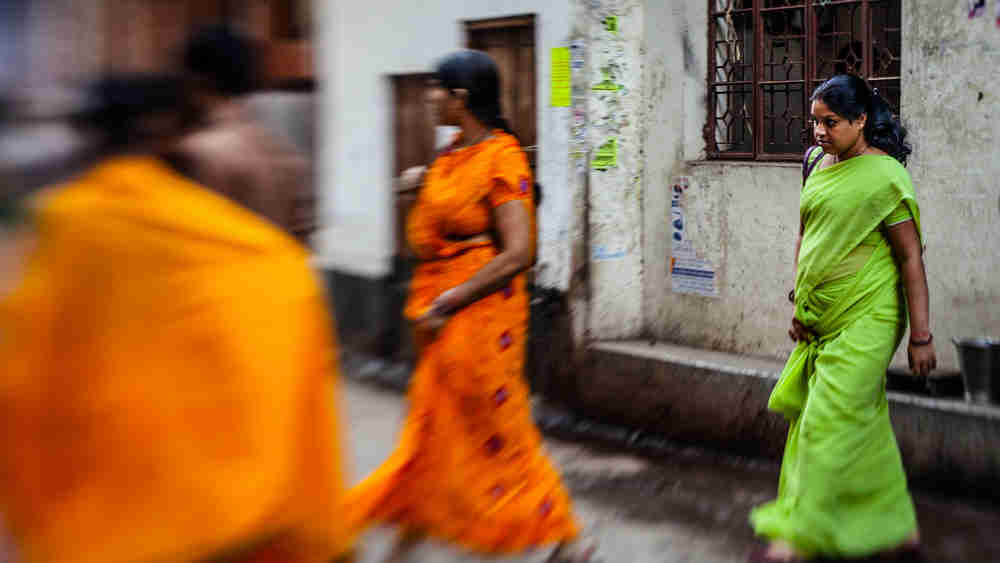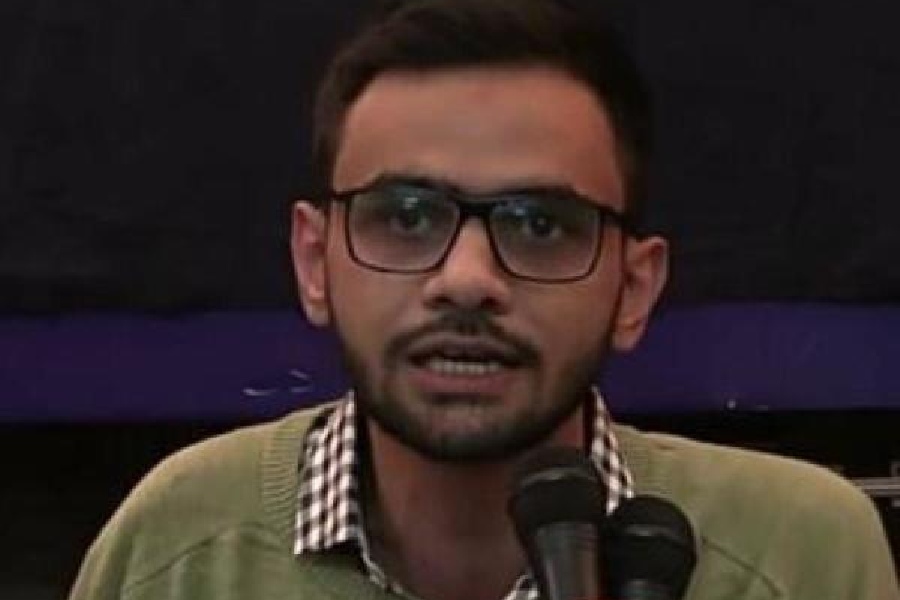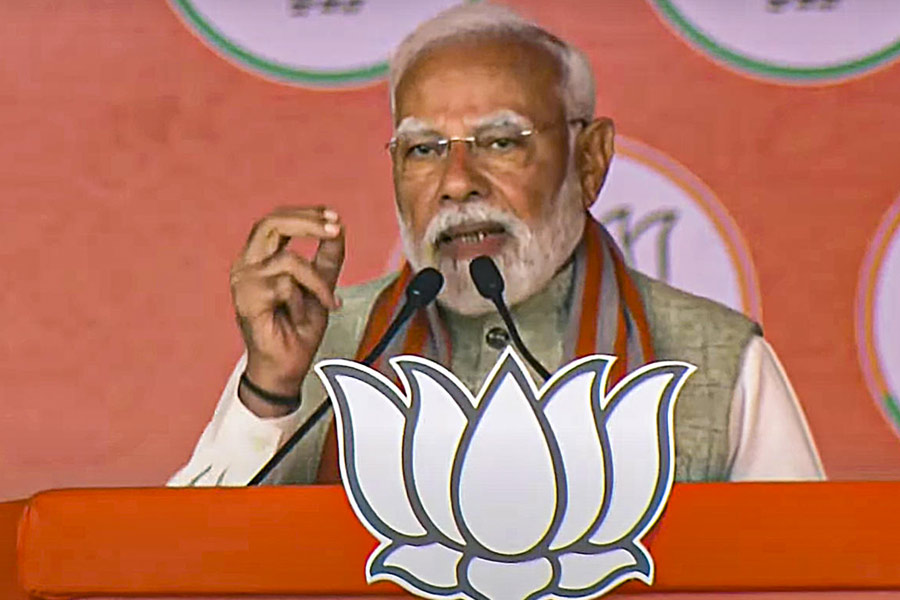To many, family is synonymous with the concept of togetherness. Yet that is a luxury some cannot afford. Last week, the government of Tamil Nadu announced through a statement that single women who are not living with their parents, or are separated from their husbands, would be treated as ‘one-person families’. They will be entitled to ration cards, allowing them to access food and basic groceries from government-regulated fair price shops. The ration card is also the eligibility ticket to a slew of other social sector schemes. Until now, unmarried single women could not seek a ration card. It was the same for separated — but not legally divorced — women. But as with so much else, patriarchy was baked into that earlier policy: married men were unlikely to lose access to supplies upon separation because a couple’s ration card would, in most cases, be registered in the name and the address of the husband.
Tamil Nadu’s decision is a bold step in a country where multigenerational families are still the norm and being a single adult — especially a woman — is often seen as a transitory stage before the person ‘settles down’. Yet, it must be seen as only the beginning of a series of important conversations that India needs, concerning laws and policies that still discriminate against women. Consider just two. Under the Indian Penal Code, marital rape is not a crime unless the woman is under the age of 18. The Hindu Minority and Guardianship Act, 1956 defines the father as the “natural guardian” of a Hindu minor, although courts have handed custody to the mother if the child is under the age of five. The presumption in the law is that the father is better equipped to provide for the minor financially and materially. Many of India’s laws and policies have roots in colonial times and are outdated. As Indian women rightly demand greater agency over their lives, Tamil Nadu’s expansion of the idea of a family shows that governments can adapt with the times. The southern state might be an outlier today, but it has a track record of influencing national policy. The mid-day meal that all government-funded schools have provided students since 2001 started off in Tamil Nadu as a statewide policy in 1956. The lunch scheme helped India achieve universal primary school enrolment. It is time to follow the state again and redefine the modern family.










